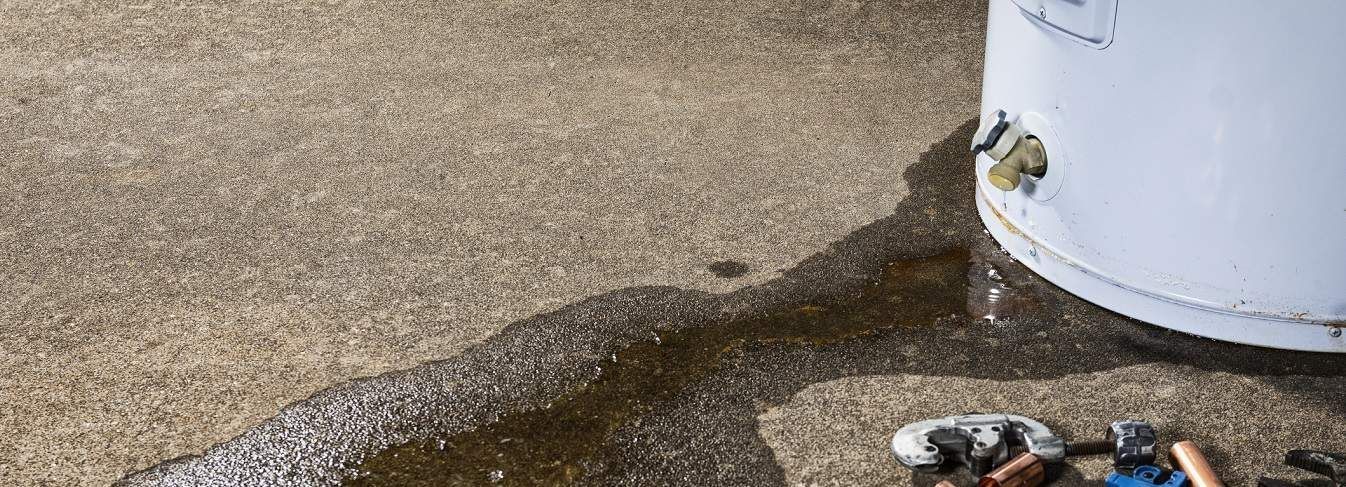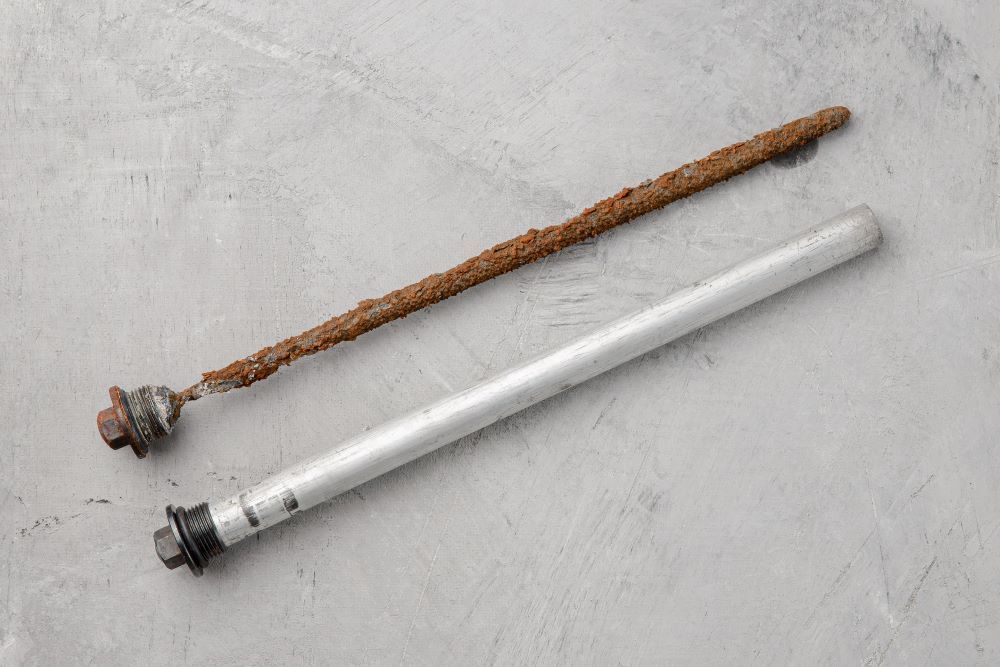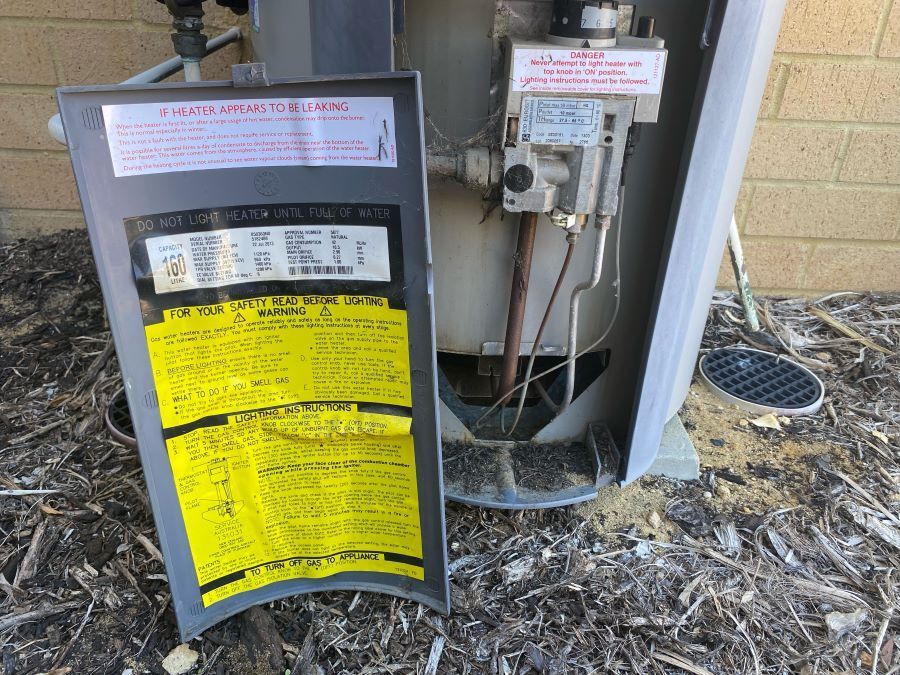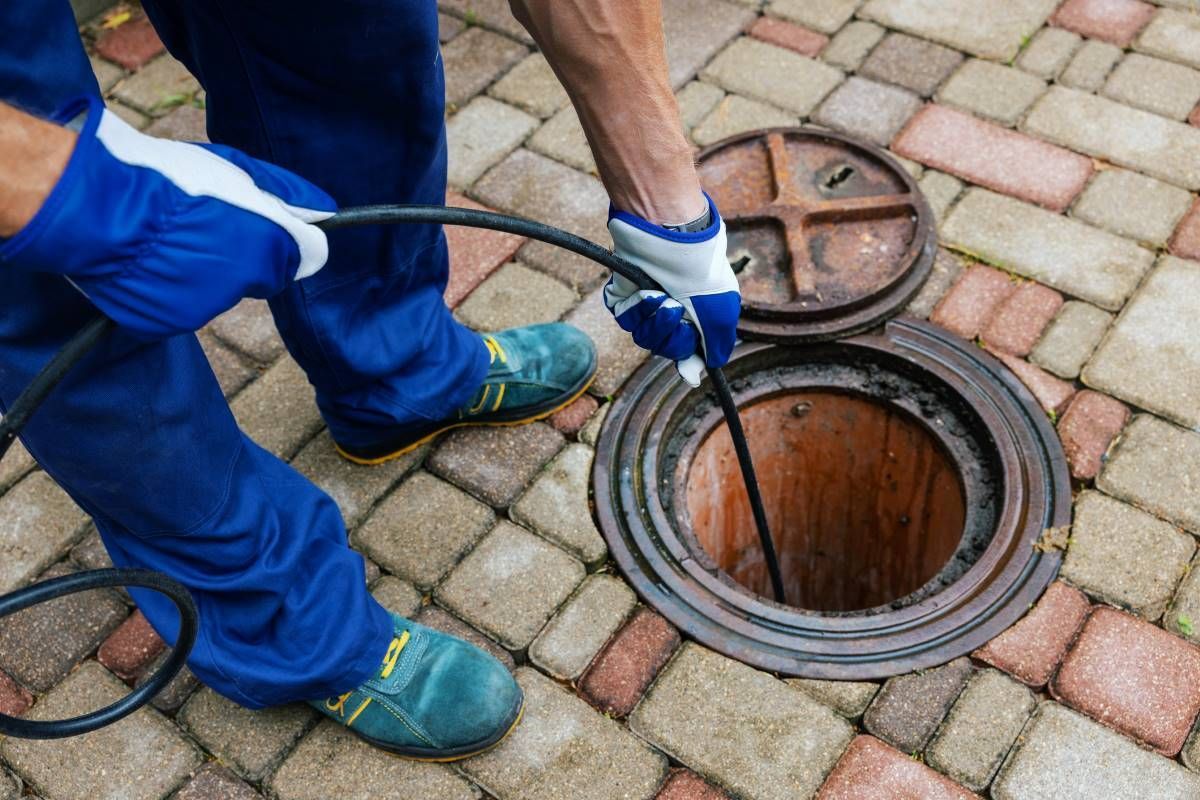Hot Water is Leaking? Top 5 Fixes (Repair and Replace)
When you discover water pooling beneath your water heater, it's easy to jump to the conclusion that you're facing a costly replacement. However, not all leaks signal the end of your water heater's lifespan. In many cases, the solution can be straightforward and far less expensive than anticipated.
This article will walk you through the top five fixes for a leaking hot water tank, distinguishing between simple repairs and when it's time for a replacement.

Where is the leak coming from?
Before diving into repairs, it's crucial to identify where the leak originates. Water heater leaks can come from several components, each with its fix.
1. Relief Valve
The Temperature and Pressure Relief (T&P) valve plays a critical safety role in your water heater's operation. It's designed to open and release water if the tank's pressure or temperature exceeds safe limits, preventing potential explosions.
Signs of a faulty relief valve:
- Continuous dripping: After discharging, the valve should close entirely without any residual dripping. If you notice continuous water flow, the valve might not be closing correctly, possibly due to a corroded spring.
- Leaks around threads: Water seeping from the valve's threads indicates a need for replacement.
Fixes:
- Valve replacement: If the relief valve is leaking, replacing it is often the best course of action. Detailed instructions can be found in manufacturer videos or guides, but it's always best to contact a professional plumber.
- Expansion tank installation: If the valve opens sporadically, typically due to water pressure expansion, installing a diaphragm-type expansion tank on the cold water supply line can solve the issue. However, this requires professional assistance. Call Best Plumbing Maintenance if in Adelaide.
2. Drain Valve
Used for tank maintenance and flushing, the drain valve can become a leak point, especially if it's made of plastic, which is prone to cracking over time.
Identifying drain valve leaks:
- Water inside the outlet: The presence of water inside or around the drain valve outlet suggests a leak.
- Leaks from threads: Water escaping from around the valve's threads indicates a need for replacement.
Solution:
- Valve replacement: Swapping out a faulty drain valve with a more durable brass one is recommended for a long-term fix.
3. Pipe Connections
Leaks can also occur at the points where cold water enters, and hot water exits the tank.
Troubleshooting pipe connections:
- Inspect threaded connections: Check where pipes thread into the tank and at each connection point along the pipes.
- Addressing leaks: If leaks are found at any connection, they typically require tightening or resealing, often best handled by a technician.
Solution:
- Tighten loose connections: If the connection is slightly loose, try hand-tightening it first. This is often sufficient for connections that have loosened over time due to thermal expansion and contraction. For connections that can't be tightened by hand, use an adjustable wrench or pipe wrench. Be cautious not to over-tighten, as this can damage the threads or fittings, especially if they are made of plastic or a soft metal.
- Replace worn or damaged components: If the leak persists, it may be due to worn-out washers or gaskets within the connection. Turn off the water supply, disassemble the connection, and replace any damaged components. When reassembling or replacing fittings, applying Teflon tape (PTFE tape) or pipe dope to the threads can help create a watertight seal. Wrap Teflon tape clockwise around the threads three to four times for best results.
4. Inner Tank
If none of the external components are leaking, the problem may lie within the inner tank itself.
Detecting inner tank leaks:
- Wet insulation: Removing the door cover and finding wet insulation can indicate a rusted or corroded inner tank.
- Brown or rusty water: If rust-colored water comes from your hot taps, this can be a sign that the inside of your tank is rusting.
- Leaks: Persistent moisture or pooling water around the base of the water heater often indicates that the tank has developed a leak due to rust.
When to replace:
- Rusted inner tank: Unfortunately, if the inner tank is compromised, repairing it is not viable, and replacing the entire water heater becomes necessary. Once the inner tank starts to rust, it's only a matter of time before it leaks or fails completely. Patching a leak might offer a temporary fix, but it doesn't solve the underlying issue of structural weakness due to rust. Therefore, replacement is the most viable and safe option.
Choosing a New Water Heater: When selecting a new hot water system, consider factors like energy efficiency, tank size, fuel type (gas, electric, solar, etc.), and whether a tankless model might be a better fit for your needs. Modern water heaters are more energy-efficient and come with features that can save money in the long run.
Installation: Installing a water heater involves dealing with electrical, gas, and plumbing connections, making it a job best left to professionals. A licensed plumber or contractor can ensure that the new unit is installed correctly, safely, and in compliance with local building codes. Best Plumbers in Adelaide are here to help!
Additional Tips and Maintenance
Beyond these fixes, regular maintenance such as annual tank flushing, checking anode rod, and inspecting T&P valves can significantly extend the life of your water heater and prevent future leaks.
Conclusion
Identifying and fixing a leak in your hot water tank can range from simple DIY repairs to deciding on a replacement. Understanding the common sources of leaks and their solutions can save time and money and avoid unnecessary replacements. Remember, when in doubt, consulting with a professional can provide peace of mind and ensure the safety and longevity of your water heating system.
If you're unsure about a repair or need professional advice, don't hesitate to reach out to a trusted technician. If in Adelaide, Best Plumbing Maintenance offers 24/7 plumbing emergency assistance.



